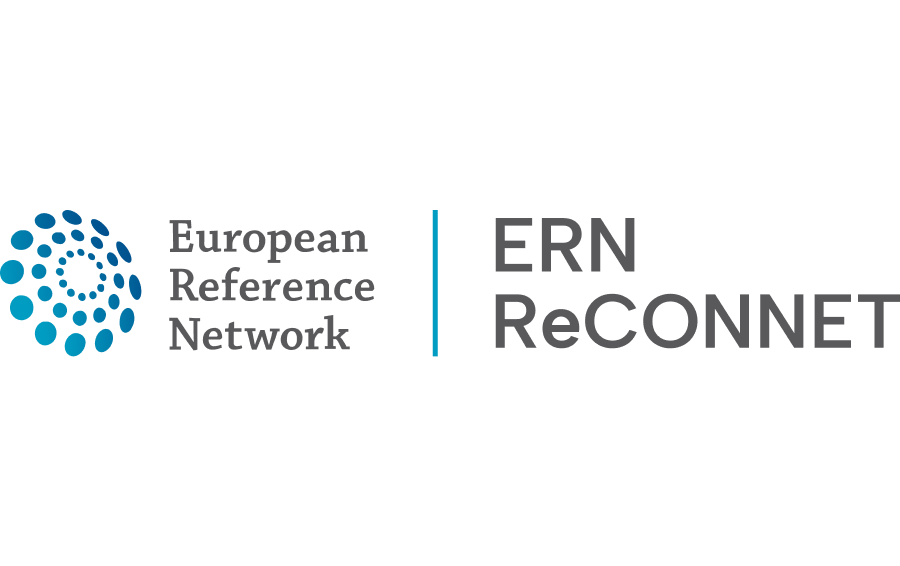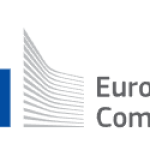WHO. World Health Assembly endorses resolution on social participation
 At the Seventy-seventh World Health Assembly, Member States endorsed a resolution (PDF doc to be downloaded WHO Resolution – Public Health Engagement) to implement, strengthen and sustain regular and meaningful social participation in decision-making processes for health.
At the Seventy-seventh World Health Assembly, Member States endorsed a resolution (PDF doc to be downloaded WHO Resolution – Public Health Engagement) to implement, strengthen and sustain regular and meaningful social participation in decision-making processes for health.
Social participation, as defined by WHO, means empowering people, communities and civil society through inclusive participation in decision-making processes that affect health across the policy cycle and at all levels of the system.
The resolution on social participation recalls and builds on related intergovernmental agreements that assert the importance of social participation, including:
- Participatory and inclusive health governance for universal health coverage (UHC) (Political Declaration on the High-Level Meeting for UHC 2023);
- Empowering people and communities as part of a primary health care approach (Declaration of Astana 2018);
- Sustainable Development Goal (SDG) target 16.7 for responsive, inclusive, participatory and representative decision-making at all levels (2015); and
- Public, community and civil society participation for health equity (Rio Political Declaration on Social Determinants of Health 2011)
The resolution acknowledges the instrumental role that social participation can have in fostering mutual respect and trust, while making health systems more responsive, equitable and resilient.
Way forward
Implementation of the resolution involves convening regular and sustained participatory mechanisms; strengthening public sector and civil society capacities for meaningful engagement; enabling equitable, diverse and inclusive participation with particular focus on promoting the voices of all those in vulnerable or marginalized situations; pursuing policy uptake of recommendations from participatory processes; allocating adequate and sustained public sector resources; securing supportive public policy and legislative frameworks; and advancing research, monitoring and evaluation of the implementation and impacts of social participation.
The resolution acknowledges the important contribution of existing technical guidance by WHO on this agenda, namely the publication of Voice, agency, empowerment – handbook on social participation for universal health coverage (2021), as well as WHO’s efforts to engage systematically with civil society in own operations, through initiatives such as the Civil Society Commission and Youth Council.
WHO stands ready to support Member States in implementing this resolution, and to deliver on the clear requests outlined in the resolution. These involve advocating for regular and sustained social participation as a means to reorient health systems towards primary health care, thereby accelerating progress towards UHC, health security and the health-related Sustainable Development Goals; developing technical guidance and operational tools as well as providing training and technical support to countries on social participation; documenting and disseminating country experiences; facilitating regular sharing and exchange across countries; harmonizing technical support across WHO; and reporting to the Health Assembly biennially.
Check the WHO website for more info.







